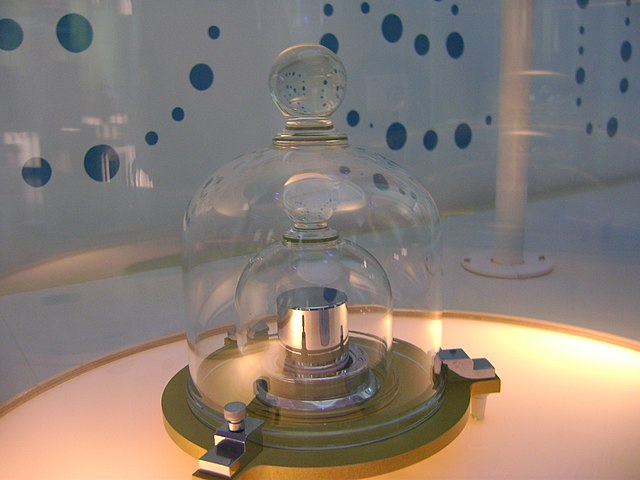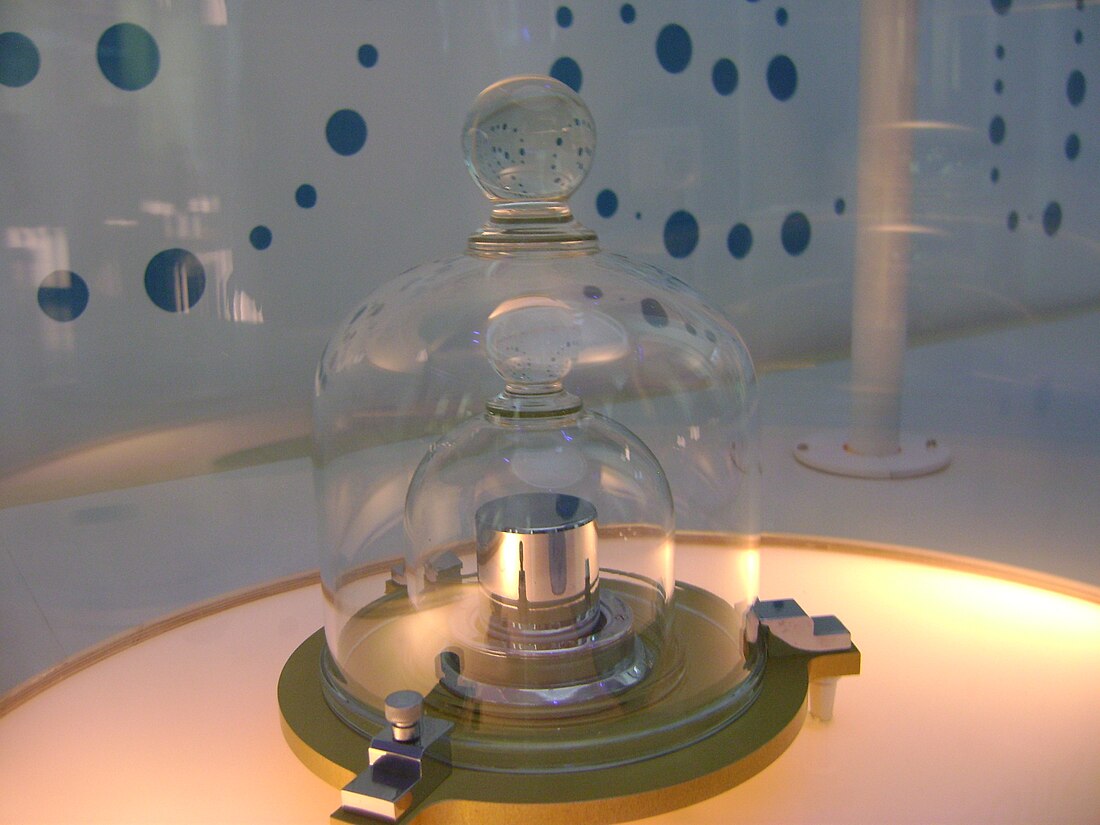Standardization
development and implementation of technical standards based on the consensus of different parties From Wikipedia, the free encyclopedia
Remove ads
In order to be able to work together, people and companies need to agree on a common set of rules, and units. These agreements are called standards. The process of agreeing is called standardization or standardisation.



Companies that have products which follow these rules can make their products work together. One example of a standard is the two pin plug. It provides electricity. It is commonly found in household appliances. Many countries have adopted it. However, this is not the case for three-pin plugs: they are different in each country.
Agreements do not need to be technical. Lawyers can agree on a standard way to solve a problem, linguists can agree on what the "standard language" is, and bookkeepers can agree on rules how to evaluate a company.

Remove ads
Wikiwand - on
Seamless Wikipedia browsing. On steroids.
Remove ads
